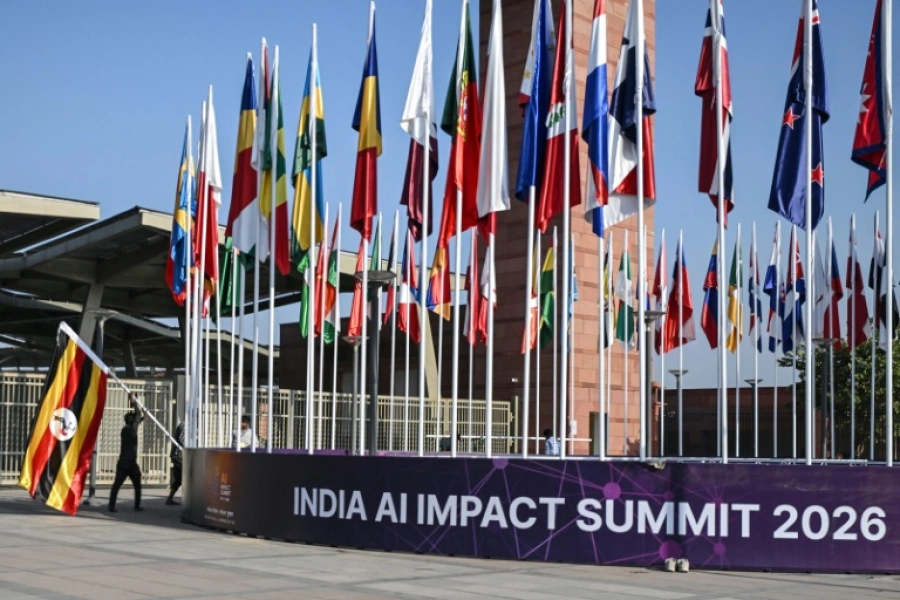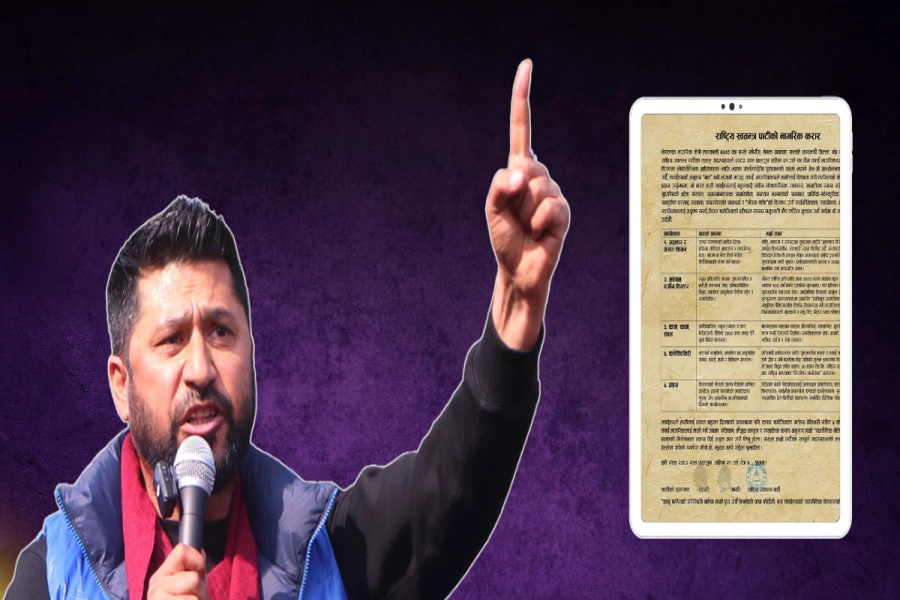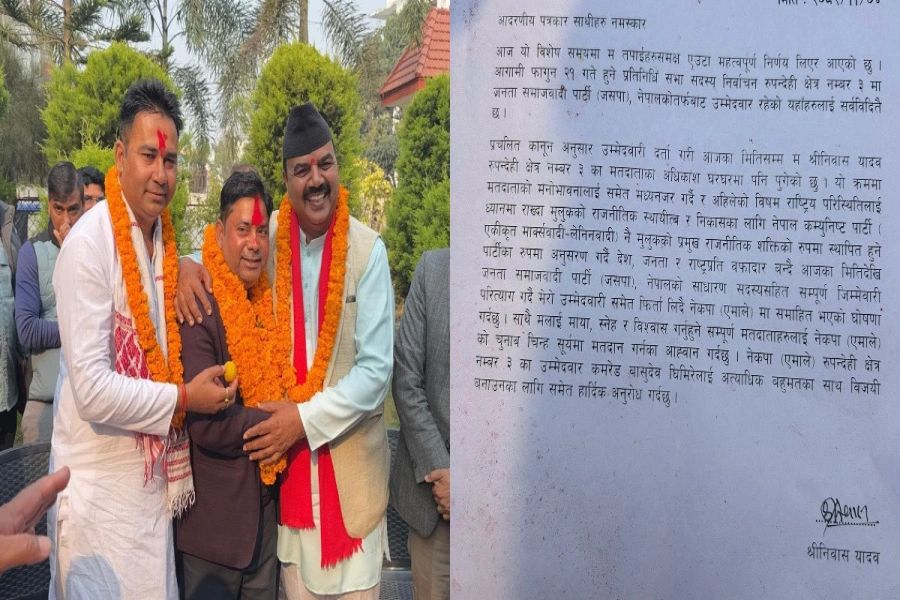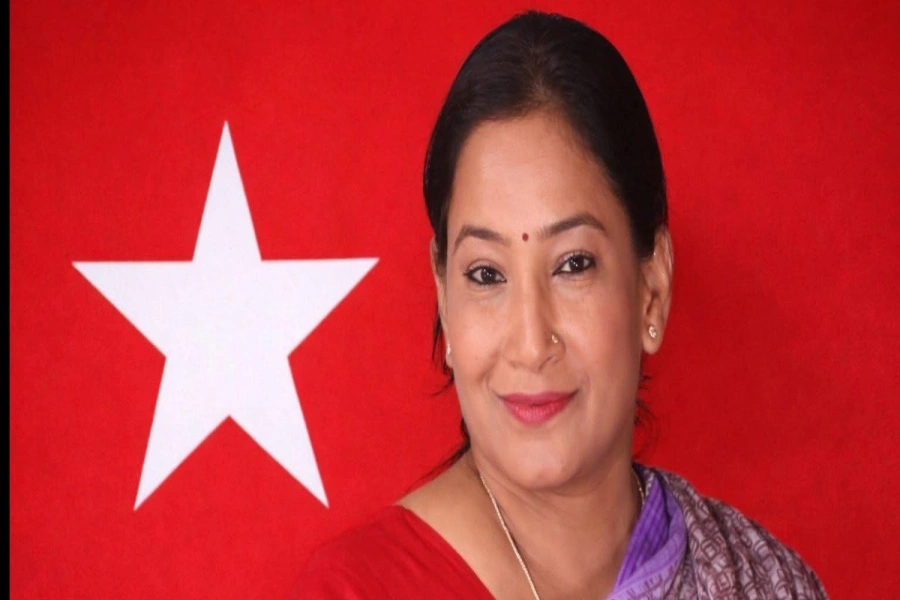But even those individuals -- Ranjit Thapa of Kavre and Sabina Damai of Dolakha-- had to knock doors of the Supreme Court to get citizenship papers. [break]
The country´s top court issued its verdict on Thapa´s case in June, 2009, and on Damai´s case last month.
“We don´t know of any other individual who has been issued citizenship certificate through mother´s citizenship,” said advocate Meera Dhungana of Forum for Women, Law and Development that seeks to end gender-based discrimination in the country.
A team of lawmakers that recently visited Kanchanpur, Kailali, Dang and Surkhet districts to study how the Badi community is faring on this front found that no one from the community holds a citizenship issued on the basis of maternal lineage.
“We had expected the court orders to have eased issuance of citizenship to members of the community and others, but were disappointed by what we found,” said lawmaker Binod Pahadi, who is also the coordinator of a sub-committee formed by parliament´s Women, Children and Social Welfare Committee to look into the issue.
Government records put Badi population in the country at 8,341, but the sub-committee estimates the population to be above 20,000 as it believes many members of the community are hiding their lineage for fear of being ostracized.
In addition to the Badi people, there are tens of thousands in the country raised by single mothers, apart from those born of pre-marital relationships and those who are unable to trace paternal lineage.
Either no rights or humiliation
For those like Thapa, who sought citizenship from mother´s lineage after his father refused to acknowledge him as his son, and those like Damai, who sought citizenship from maternal lineage after being unable to trace paternity, there are two choices: no citizenship and the rights it guarantees or lifelong humiliation.
“There is a provision since 1991 allowing orphans to get citizenship cards that mention that their paternity is unknown,” said advocate Dhungana. “District Administration Offices across the country offer this choice to individuals seeking citizenship through mother. Carrying such citizenship certificate guarantees little except life-long humiliation,” she added.
For those who can´t digest such humiliation, the only option is to not seek citizenship at all. But that means being deprived of all other rights, like right to property, education and travel abroad.
Damai rejected both the options and sought legal recourse. “While I couldn´t accept a life of humiliation, I also couldn´t accept being denied everything that a citizenship entails,” said the 18-year-old who was denied jobs because she didn´t hold a citizenship card.
As precedents, the verdicts on Damai´s as well as Thapa´s case should have cleared the hurdles faced by citizenship seekers like them.
Sadly, this has not been the case.
Administrators to blame
Denial of citizenship on the basis of mother´s citizenship has been caused chiefly by Chief District Officers who are yet to come to terms with the idea of identity through maternal lineage.
“Despite being aware of constitutional and legal provisions, those running the administration humiliate applicants questioning the biological process of their birth. They ask the applicants how they could possibly have been conceived, let alone taken birth, without a father,” said Pahadi.
According to prevailing laws, an applicant has to get recommendation from the concerned Village Development Committee (VDC) or municipality to be eligible for citizenship. In case this doesn´t convince the Chief District Officer, the applicant has to furnish additional recommendation from seven people living in the applicant´s locality attesting to the applicant´s lineage.
“We found that administrators have been rejecting citizenship applications even after applicants complete all legal formalities,” Pahadi added.
At the root of the problem is the patriarchal mindset of the administrators who are invariably males, argued Dhugana.
“The chief district officers do not seem to understand that a woman who carries her baby in her womb for months contributes biologically as much, if not more, as the father in begetting the baby,” said Dhungana.
The home ministry that has not circulated the court verdicts to Chief Administration Offices across the country is equally to blame, she added.
Subcommittee seeks cabinet directive to CDOs
To ensure that legitimate applicants are not denied citizenship, the parliamentary sub-committee is seeking a cabinet directive to district administrators.
“The court verdicts have not been forwarded to the home ministry. And the ministry has not directed district administration offices to implements the verdicts,” said Pahadi. “We are working to end this confusion by asking the committee to direct the government to immediately issue a set of directives to administrators,” Pahadi added.
Maternal mortality rate being studied for the first time in Nep...







































